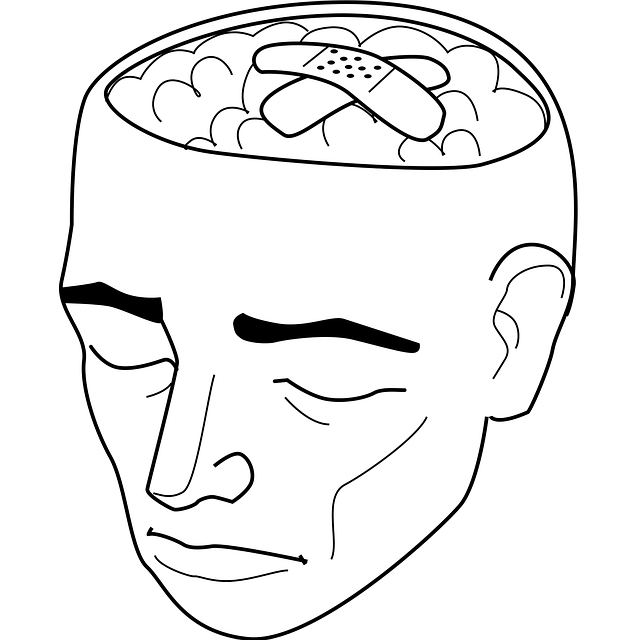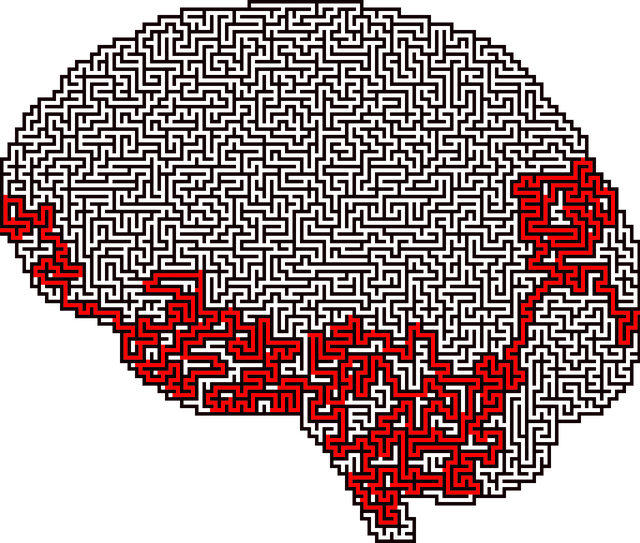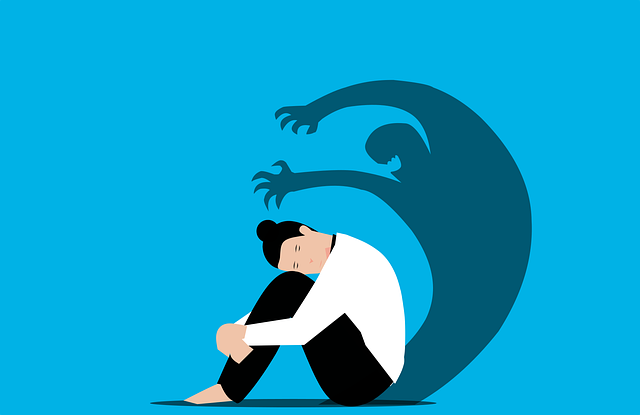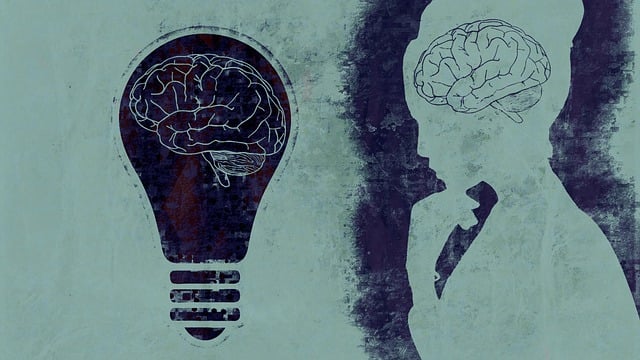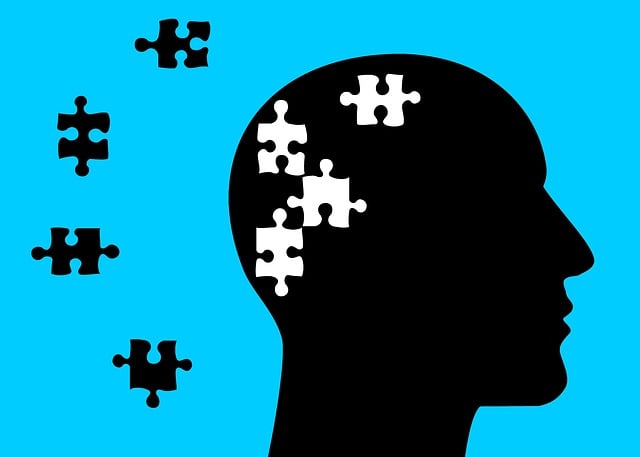In Boulder, known for its progressive healthcare initiatives, cultural competency is essential for providing personalized and inclusive medical services. Boulder Chronic Illness Therapy centers lead this charge by offering comprehensive training and tailored programs that bridge the gap between diverse patient populations and healthcare professionals. This approach enhances patient outcomes, increases provider satisfaction, and fosters a deeper therapeutic bond through understanding and respect for varied cultural backgrounds, beliefs, and communication styles. By integrating Mental Wellness Journaling Exercise Guidance and Coaching Programs, these therapy centers ensure every patient receives the support needed to effectively manage their chronic illnesses, ultimately improving overall healthcare experiences.
“Cultural competency training is transforming healthcare delivery, especially at institutions like Boulder Chronic Illness Therapy. This essential program aims to bridge the gap between diverse patient populations and healthcare providers. The article delves into the urgent need for cultural competency in healthcare, highlighting its positive impact on patient outcomes and provider satisfaction. We explore successful implementation strategies used by Boulder Chronic Illness Therapy, offering insights that can benefit other healthcare organizations striving for culturally responsive care.”
- Understanding Cultural Competency in Healthcare: A Need for Change
- The Impact of Training on Patient Outcomes and Provider Satisfaction
- Implementing Effective Cultural Competency Programs at Boulder Chronic Illness Therapy
Understanding Cultural Competency in Healthcare: A Need for Change

In today’s diverse healthcare landscape, cultural competency is no longer an optional skill for medical professionals. It is a necessity, especially in cities like Boulder, known for its chronic illness therapy centers and progressive health initiatives. Cultural competency involves understanding and appreciating the cultural backgrounds, beliefs, and values of patients, enabling healthcare providers to deliver more personalized and effective care. This is crucial as it helps bridge the gap between diverse patient populations and medical services, ensuring better health outcomes.
The need for change stems from the recognition that traditional healthcare approaches often fail to address the unique needs of culturally diverse individuals. Building empathy and using strategies like anxiety relief techniques and positive thinking can significantly improve patient-provider interactions. Boulder Chronic Illness Therapy centers, for instance, are increasingly incorporating cultural competency training to foster an inclusive environment where every patient feels heard and respected, ultimately enhancing the overall healthcare experience.
The Impact of Training on Patient Outcomes and Provider Satisfaction

Cultural competency training has a profound impact on both patient outcomes and provider satisfaction, particularly in diverse communities like Boulder Chronic Illness Therapy serves. By equipping healthcare providers with the skills to understand and respect varied cultural beliefs, backgrounds, and communication styles, patients often experience improved care. This can lead to better adherence to treatment plans, enhanced trust in medical professionals, and ultimately, more positive health outcomes.
For example, Mental Wellness Journaling Exercise Guidance and Mental Wellness Coaching Programs Development, which are integral parts of this training, empower providers to offer personalized support that considers a patient’s unique cultural context. This approach fosters open dialogue, strengthens the therapeutic relationship, and encourages individuals to explore concepts like Positive Thinking as a means of managing their chronic illnesses more effectively. As a result, providers report higher job satisfaction, while patients feel more empowered and engaged in their healthcare journey.
Implementing Effective Cultural Competency Programs at Boulder Chronic Illness Therapy

At Boulder Chronic Illness Therapy, implementing effective cultural competency programs is a cornerstone of our patient care philosophy. We recognize that mental health issues don’t exist in a vacuum; they’re deeply rooted in an individual’s cultural context and personal history. To address this, we’ve designed Mental Health Education Programs that go beyond traditional therapy models. These programs are tailored to foster positive thinking and understanding, ensuring every patient feels seen, heard, and valued.
Our approach integrates diverse strategies, from community engagement initiatives to language accessibility services, to create an inclusive environment. By acknowledging and respecting cultural differences, we aim to improve depression prevention outcomes and enhance the overall well-being of our diverse clientele. These efforts are continually evaluated and refined, ensuring that Boulder Chronic Illness Therapy remains at the forefront of culturally sensitive mental health care.
Cultural competency training is a game-changer in healthcare, as evidenced by the positive outcomes at Boulder Chronic Illness Therapy. By understanding and navigating cultural differences, healthcare providers can significantly improve patient experiences and satisfaction. The impact of such programs extends beyond the individual; it fosters a more inclusive and effective healthcare system, ensuring that folks from diverse backgrounds receive quality care tailored to their unique needs. This approach is vital in today’s diverse society, where cultural competency is not just a nice-to-have but an indispensable tool for providers to make a real difference in their communities.
